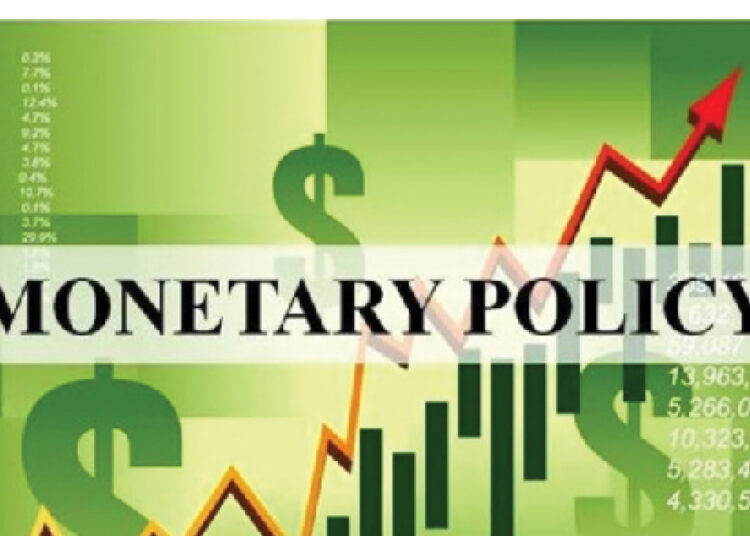As the Monetary Policy Committee (MPC) of the Central Bank of Nigeria (CBN) sits this week for its September meeting, financial analysts remain divided on whether the time is ripe to ease the tight monetary stance that has been in place for over a year.
While some market watchers argue that the improved fundamentals offer the CBN a window to cut the benchmark Monetary Policy Rate (MPR) from its current 27.5 per cent, projecting a 50 basis point cut, others caution that the economy is still too fragile to accommodate aggressive easing.
Ayokunle Olubunmi, head of Financial Institutions Ratings at Agusto & Co., warned against rushing into an expansionary stance. He maintained that although the numbers look better, stability is “still tentative.”
“Yes, there are signs of relative stability, but that stability is still tentative, and it may be wiser to wait until the next meeting before making any significant move.
If you also track the Treasury bills market, you’ll notice rates have been difficult to sustain at lower levels. Each time they were reduced, an upward adjustment had to follow. That tells you cutting rates sends a strong signal of a shift towards an expansionary stance, and I don’t believe the economy is quite ready for that yet,” he noted.
However, Cordros Capital, in its pre-MPC note, projected a measured 50 basis points cut, arguing that the recent disinflation trend, exchange rate stability, and firmer economic growth trajectory support a gradual policy recalibration.
“With key macroeconomic indicators suggesting improved stability, the Committee could gradually transition toward monetary easing. However, any shift is likely to be cautious. We project a 50bps cut in the Monetary Policy Rate, signalling a measured effort to foster economic growth while maintaining its commitment to price and exchange rate stability,” Cordros stated.
Cowry Assets Management echoed a similar but guarded sentiment, noting that, while inflation’s sharp moderation in August could provide room for a potential policy shift, possibly even a symbolic rate cut, residual risks from forex pass-through, food supply bottlenecks, and volatile oil prices may still compel the Committee to tread carefully.
“For most of 2025, the MPC has opted for caution, holding the benchmark rate steady at 27.50 per cent to anchor expectations. Still, the sharp moderation in headline inflation in August could provide room for a potential policy shift,” Cowry Research noted.
Nigeria’s headline inflation slowed to 20.12 per cent in August from 21.88 per cent in July, driven by softer price pressures in both food and core sub-indices. Analysts expect the trend to persist as the main harvest season and stable energy prices reinforce disinflation.
On his part, the chief executive of the Centre for the Promotion of Private Enterprise (CPPE), Dr. Muda Yusuf said, the latest inflation figures reflect that the economy is finally stabilising after the shocks of recent reforms. He therefore urged the CBN to consider relaxing its tight monetary grip.
“It is a good thing that we are seeing consistent deceleration in the inflation rate. It is an indication that the economy is stabilising and recovering from the shocks of the reform. It is also a reflection of the level of confidence investors have in the economy,” Yusuf said.
Yusuf also drew attention to the widening gap between MPR and inflation, insisting that, it is time to begin to close it. “Right now, the Monetary Policy Rate is about 27.5 per cent, while inflation has dropped to around 20 per cent. You can see the gap, so we need to begin to close it. It’s time to at least gradually ease the monetary policy stance,” he advised.





